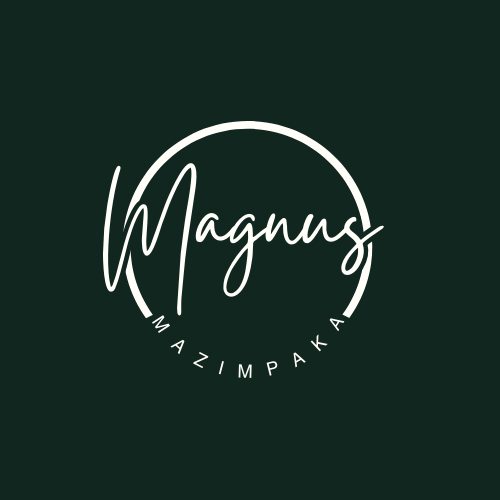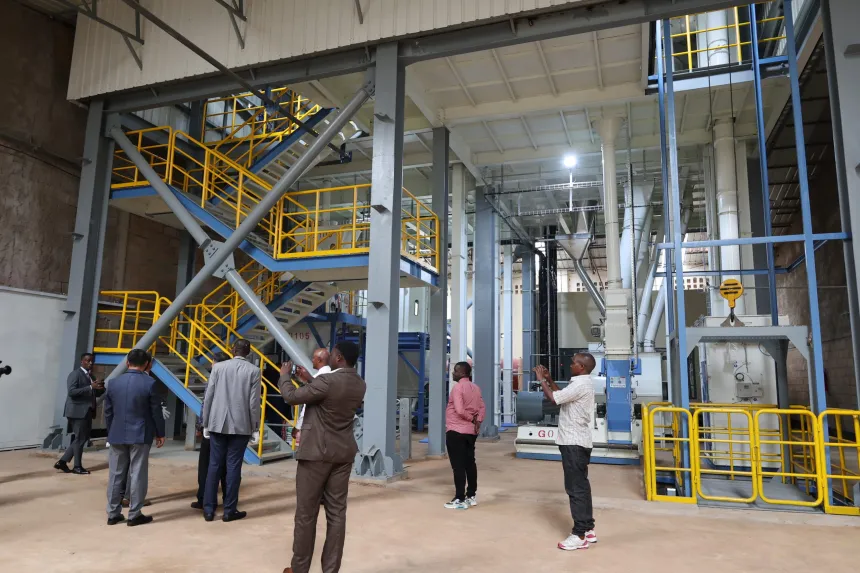Exactly one year from now, most African countries will not be able to export to the European Union market products derived from cattle, cocoa, coffee, oil palm, rubber, soya, and wood.
The European Union (EU) “zero deforestation” regulation, prohibits the import of agricultural products from deforestation areas. This policy will be effective midnight December 30, 2025.
DRC’s Agriculture Minister is scheduled early Monday to hold a press conference to clarify on the impact of the European Union (EU) “zero deforestation” regulation.
The EU excluded DRC’s Coffee and Cocoa from accessing its market due to persistent insecurity in the Eastern part of the country.
The Federation of Congolese Enterprises (FEC) in the Beni territory, North Kivu sent a letter to Julien Paluku the Trade Minister in protest against the withdrawal of DRC’s coffee and Cocoa from international “Fairtrade” and “Organic” certifications.
“Economic operators in the cocoa and coffee export sector were surprised to receive notifications of withdrawal of certification, as shown in the letters from Flocert and Africert dated December 2023 and December 2024 respectively,” the document states.
According to the FEC, this exclusion represents a major setback, especially since significant efforts had been made to re-establish Congolese cocoa and coffee on the international market with the support of partners such as the EU, USAID, IFAD and the World Bank.
The certification bodies have justified this withdrawal by the EU’s refusal to approve their application for conformity, due to the persistent insecurity in the region.
“The absence of certification from January 2025 will prevent our products from being marketed as organic or fair trade, leading to serious economic and social consequences for the country,” warns the FEC.
According to Mike Ntambwe, Director General of the National Agency for Export Promotion (ANAPEX), more than 400 tonnes of cocoa disappear every week due to fraudulent practices, representing an annual loss of USD 60 million.
However, “we could achieve a production of 300,000 tonnes per year if exports were well regulated,” Ntambwe said, adding that in DRC, multiple taxes and high transport costs make the sector vulnerable to smuggling.
In 2022, Democratic Republic of the Congo exported $112M in Cocoa Beans, making it the 11th largest exporter of Cocoa Beans in the world.
Despite these challenges, DRC coffee exports increased in 2023, reaching 12,422 tonnes compared to 10,729 tonnes in 2022, according to data from the Central Bank of Congo (BCC). This increase demonstrates the growth potential of Congolese agricultural products on international markets.
Initially scheduled to come into force on January 1, 2025, the application of this regulation has been postponed to December 30, 2025, according to the authorities.


